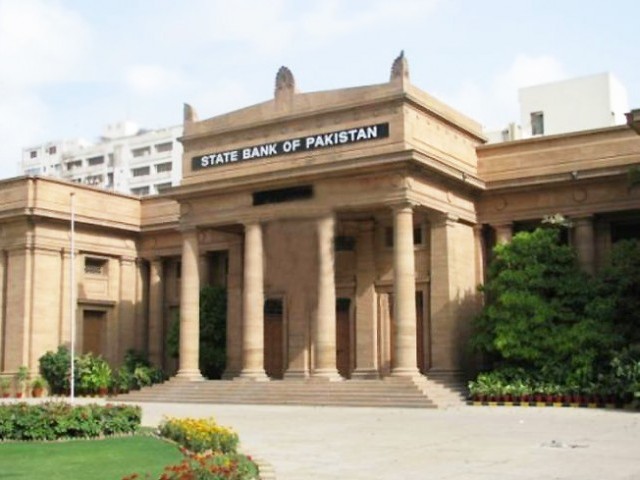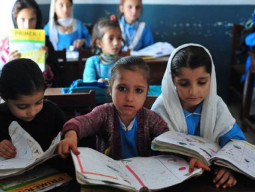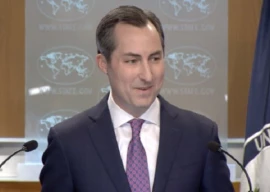
Monetary policy independence is based on the following premise. Governments, unlike other borrowers, have the ability to print the money they need to pay back their loans, which can be a tempting proposition, but by virtue of the fact that printing money causes inflation, it is tantamount to robbing future generations to pay the bills for the present’s profligate spending. The only check on this is an autonomous central bank that can impose punishing borrowing costs and limit governments from printing money, thus inculcating financial discipline. This bill grants much-needed independence to the SBP’s monetary policy decisions. We are also glad that legal cover was given to deposit insurance, which should help improve the confidence of citizens in the banking system. Now, at least small depositors will be assured that their deposits are backed by the government even if their bank fails, which should allow smaller banks to compete more effectively against larger banks, thus creating a healthier financial market that benefits customers. We believe that this bill will largely benefit the economy, though the lack of debate was very disappointing.
Published in The Express Tribune, August 20th, 2015.
Like Opinion & Editorial on Facebook, follow @ETOpEd on Twitter to receive all updates on all our daily pieces.




1734696044-0/ceo-(1)1734696044-0-165x106.webp)






1734511806-0/Untitled-design-(5)1734511806-0-270x192.webp)
1734587529-0/Express-Tribune-(1)1734587529-0-270x192.webp)


1734468458-0/Copy-of-Untitled-(50)1734468458-0-270x192.webp)







COMMENTS (3)
Comments are moderated and generally will be posted if they are on-topic and not abusive.
For more information, please see our Comments FAQ